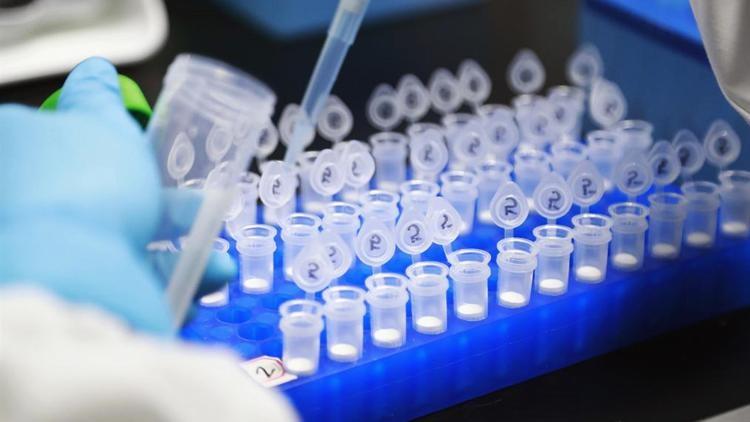GENEVA, Aug. 24 (CGTN) - The World Health Organization has warned that "vaccine nationalism" could prolong the pandemic and urged countries to sign up to a global distribution pact.
More than 170 countries have signed up to the WHO's COVAX facility, which aims to share future vaccines with developing nations.
Dr Tedros Adhanom Ghebreyesus, WHO director general, explained: "The COVAX facility is a critical mechanism for joint procurement and pooling risk across multiple vaccines, so that whatever vaccine is proven to be safe and effective, all countries in the facility will be able to access them. Most importantly, it is the mechanism for a globally coordinated roll-out."
Last week, Tedros sent a letter to the WHO's 194 member states urging them to sign up by the August 31st deadline. 172 nations are now described as being "engaged" with the facility.
"Our only way out of this pandemic is together," Tedros said. "Initially, when there will be a limited supply, it is importance to provide the vaccine to those at highest risk around the world."
COVAX aims to invest in around 12 vaccine candidates and to provide early access when they become available. The goal is to deliver 2 billion effective vaccines by the end of next year. Of those 950 million would be allocated to high-and-upper middle income countries, 950 million for low and lower middle-income and 100 million for humanitarian situations.
But as the organization works to ensure a collective approach, others are working at bilateral deals. The European Union, Switzerland, the U.S. and the UK are working to strike deals with pharmaceutical countries to secure their own supplies of hundreds of millions of vaccine doses.
Four EU nations- Germany, Italy, France and the Netherlands- have reached an agreement with AstraZeneca for 400 million doses of the vaccine being developed at Oxford University. For its part, the EU says its own efforts to secure vaccine are complementary to the WHO scheme and not in competition with it.
U.S. President Donald Trump is reported to be seeking to fast-track the same vaccine for emergency use in the United States, ahead of November's election.
While Russia has become the first country to license a coronavirus vaccine — which has not yet completed advanced clinical trials, the WHO has warned against rushing the process.
Dr Soumya Swaminathan, Chief Scientist at the WHO, said "Safety is assessed short term but also needs to be assessed longer term. There are some side effects only picked up latter. That's why it's so important to have these clinical trials conducted to the usual standards and norms, so the data can be examined by the experts."
